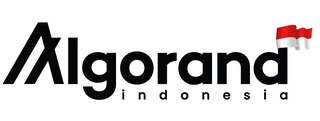Japan’s Financial Regulator Opens the Door for Banks to Trade and Custody Crypto Assets
Japan’s Financial Services Agency (FSA) has officially approved new guidelines that allow licensed banks to trade, hold, and broker digital assets, marking a major shift in how the country integrates cryptocurrency into its mainstream financial system.
The updated policy, announced this week, expands the scope of activities that traditional financial institutions can engage in regarding digital assets such as Bitcoin (BTC), Ethereum (ETH), and stablecoins. Under the new framework, banks will be able to offer crypto custody services, facilitate trading for clients, and act as intermediaries in digital asset transactions — activities that were previously restricted to registered crypto exchanges.
Strengthening Regulation and Investor Protection
According to the FSA, the policy is part of Japan’s broader effort to balance innovation with consumer protection. Financial institutions entering the crypto market will be required to follow strict anti-money laundering (AML) and know-your-customer (KYC) standards, along with enhanced cybersecurity and operational risk management rules.
The new guidelines also introduce clearer custody requirements, ensuring that customer assets are securely separated from a bank’s proprietary holdings. Additionally, institutions must report their digital asset operations regularly to the FSA to maintain transparency and compliance.
An FSA spokesperson stated that the initiative aims to “create a safe and transparent digital financial environment that promotes innovation while protecting investors.”
Boost to Institutional Crypto Adoption
This policy shift positions Japan as one of the most forward-thinking economies in Asia regarding institutional crypto adoption. By allowing major banks — such as Mitsubishi UFJ Financial Group (MUFG), Sumitomo Mitsui Banking Corporation (SMBC), and Mizuho Bank — to participate directly in crypto trading and custody, Japan is expected to attract significant institutional capital into the digital asset sector.
Experts suggest the move could strengthen Japan’s competitiveness against regional financial hubs like Singapore and Hong Kong, which have also been racing to establish themselves as global crypto centers.
Kenji Yamamoto, a Tokyo-based blockchain analyst, commented, “Japan is moving toward a regulated environment where traditional finance and crypto can coexist. This could lead to the rise of hybrid financial products — combining digital and traditional assets — within the next few years.”
Part of Japan’s Broader Digital Finance Strategy
The new FSA guidelines are aligned with Japan’s national strategy for digital finance transformation. Earlier this year, the government also approved the issuance of yen-backed stablecoins by licensed financial institutions and fintech firms, aiming to facilitate faster and more transparent digital payments.
Japan’s approach contrasts sharply with the United States, where regulatory uncertainty continues to challenge the crypto industry. Meanwhile, Japan’s clear legal framework — shaped by lessons from past incidents like the Mt. Gox and Coincheck hacks — has earned it a reputation as one of the safest and most mature crypto markets globally.
Outlook: Toward a Regulated Crypto Future
As Japan opens its banking sector to digital assets, market participants anticipate a surge in innovation and new products, such as tokenized securities, blockchain-based settlement systems, and digital yen integration into banking services.
The FSA plans to continue monitoring industry developments and may introduce additional regulatory updates in 2026 to address emerging technologies like decentralized finance (DeFi) and non-fungible tokens (NFTs).
With this move, Japan cements its position as a leader in responsible crypto regulation, setting a potential model for other G7 economies seeking to merge traditional finance with the rapidly growing digital asset ecosystem.















































